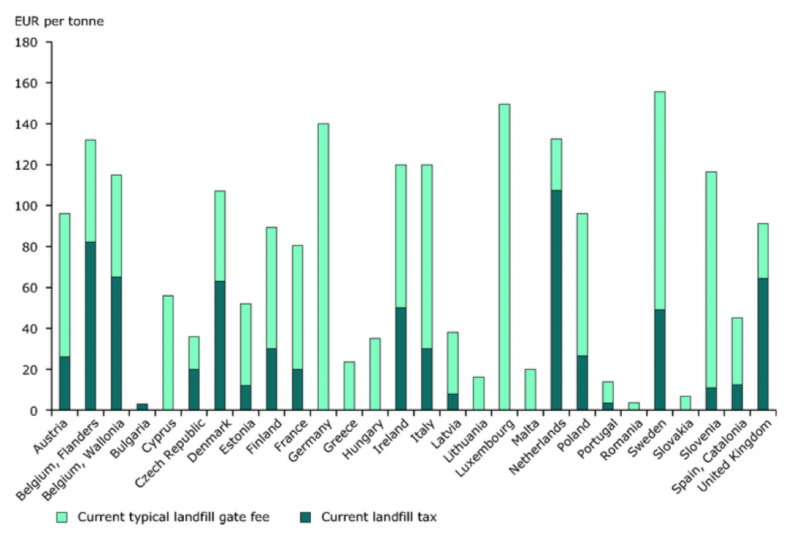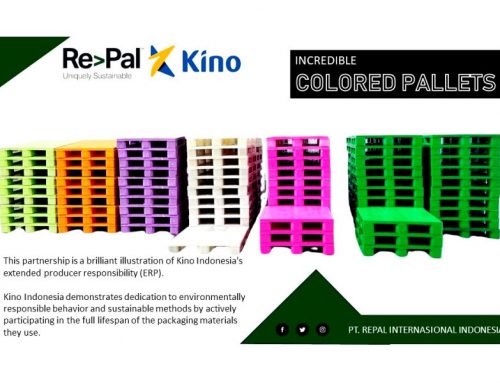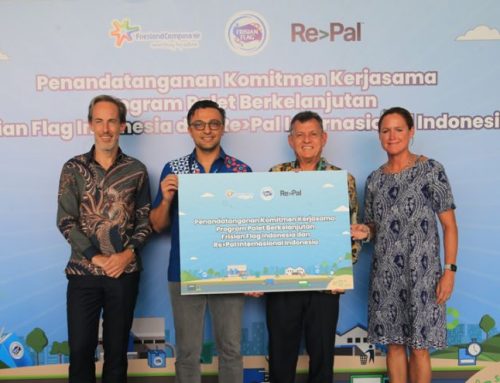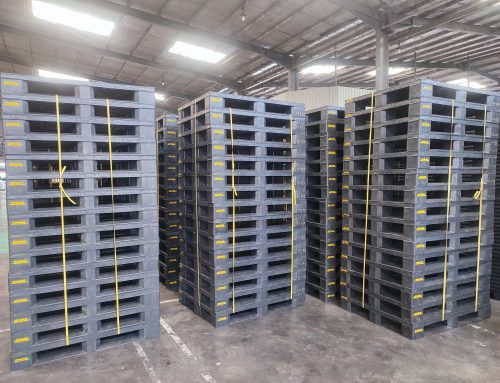While I was in Bangkok for the Siam Cement Group visit, reading the Bangkok Post I came across this article. For me it neatly summarises the challenges in the region on waste collection, politics and the economy. Waste is something that Governments, companies and households need to get right. The debate in Thailand is about increasing the garbage collection fees for households, which as you can see from the article is likely to be postponed again for political reasons. The fees were potentially rising ten-fold. No householder anywhere in the world wants to be hit with a ten-fold or even four-fold increase in their rates over night or even within one or two years.
However, someone must pay for collection mustn’t they? What if the fees for collection did jump by four times in just one year, do we think that would encourage collection or would it encourage dumping? My feeling is the latter. It’s the same for gate fees for landfill. We must have gate fees for landfill, to encourage alternate methods of disposal – if you have to pay the fees as in Europe, see the table of data from the EU, perhaps these high landfill fees encourage a more vibrant recycling and recovery industry. Until you have a broad recycling infrastructure with a lower cost alternative than dumping, if you try and jack a landfill fee up you will simply see more illegal dumping. In Australia we have seen the rubbish being brushed under the carpet so to speak, when it was sent to China.
Now with the Government’s focus on this sector we are seeing some incentives for companies to establish their facilities in Australia which is healthy. I believe, that the waste frameworks in each country need to be established in partnership between Government and corporates. Governments want efficiency low cost and no waste; corporates want policy reliability and profit and individuals want service reliability with fees commensurate for the service provided and an unpolluted environment. I don’t think these things are mutually exclusive with planning and communication. It is too easy to quickly put in bans, or to lift levies without thinking through the-longer term implications and unintended consequences. These consequences could have an enormous knock-on effect on tourism or other implications whose costs may dwarf the costs of the initial programme.
With Dr Safri’s leadership looking at the infrastructure needed across the waste lifecycle Indonesia and learning from success stories such as Rayong, I am sure that we will see changes in the methods that waste is collected, recycled and reinvented in Indonesia in the coming years.






